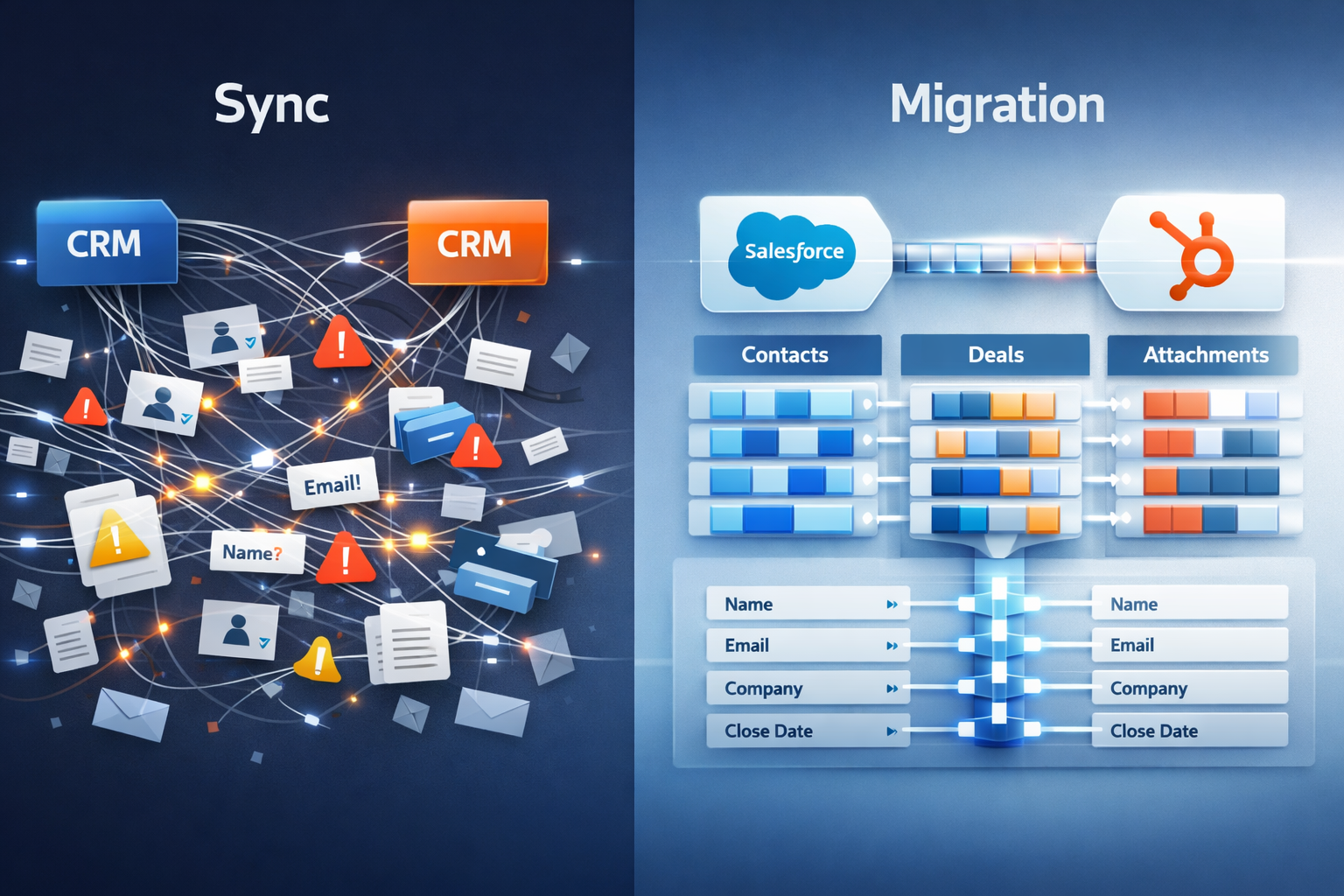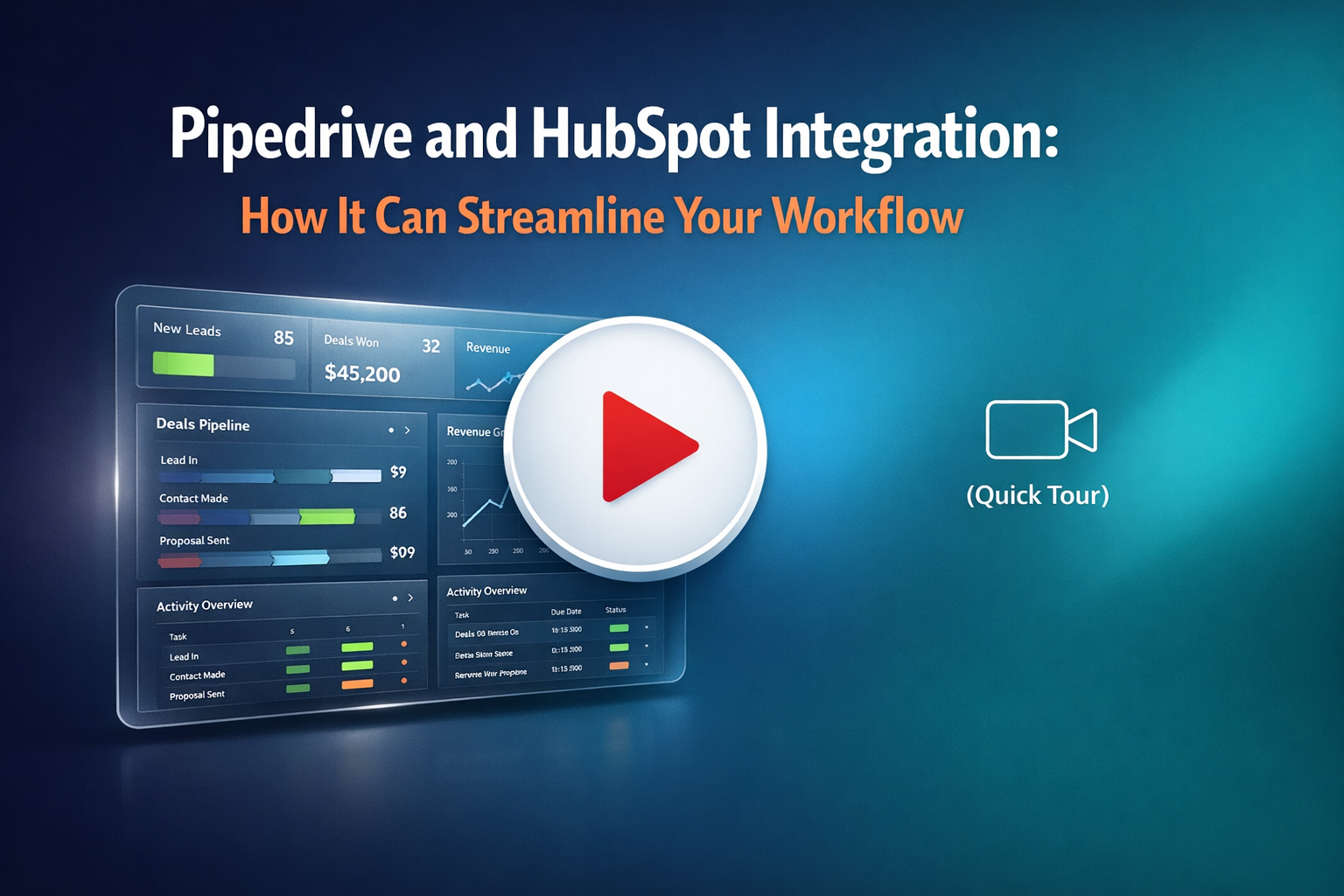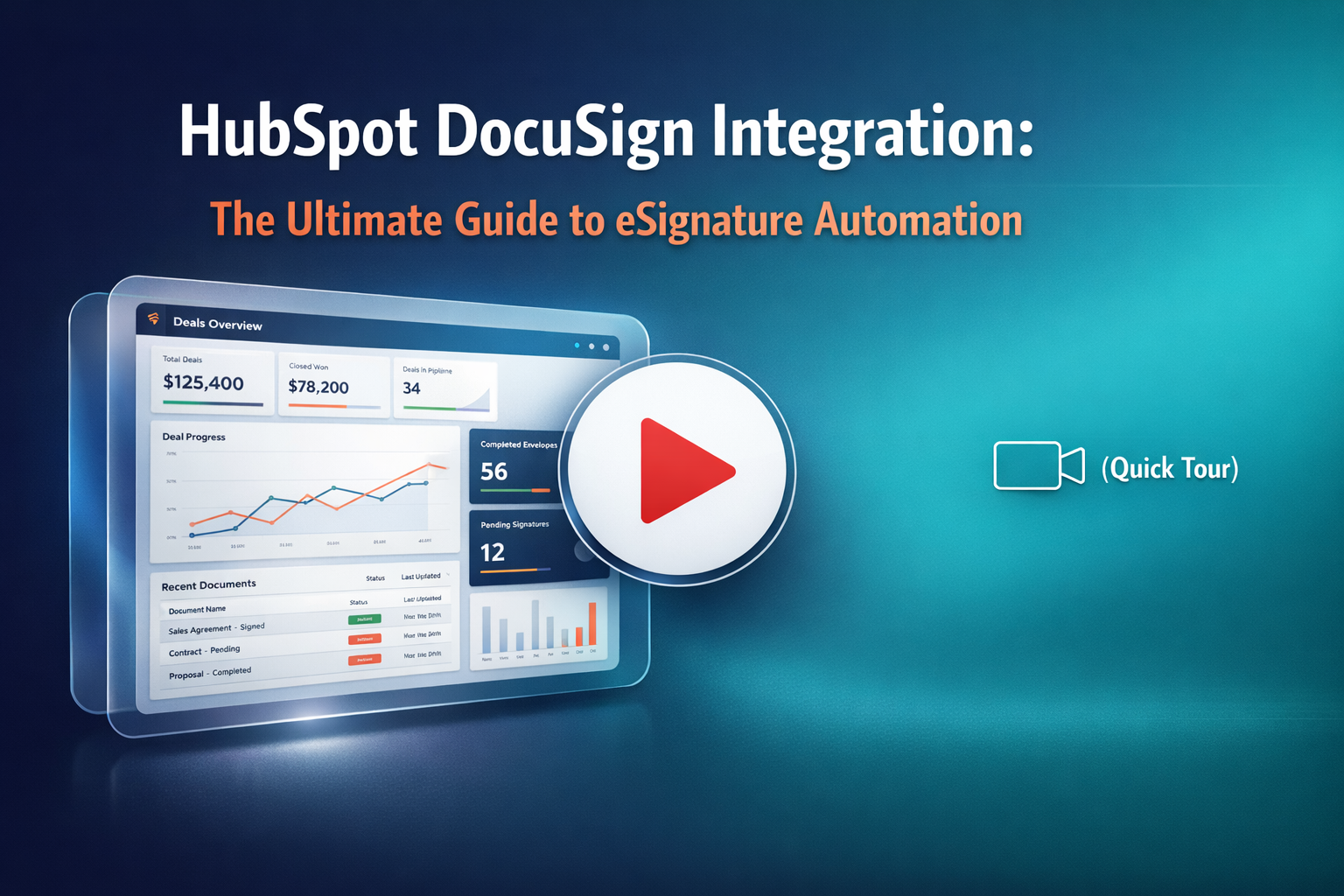What is Salesforce Commerce Cloud?
Let’s rewind to 2016. That’s when Salesforce made a power move by acquiring Demandware, a cloud-based platform for e-commerce that caters to companies of all sizes. This acquisition was a game-changer, merging Demandware’s expertise with Salesforce’s magic to revolutionize how e-commerce businesses engage with their customers. The result? Salesforce Commerce Cloud—an impressive addition to Salesforce’s Customer Success Platform.
So, what is Salesforce Commerce Cloud? It’s a cloud-based eCommerce powerhouse loaded with ready-to-go features, handy tools, and tailored portals to help grow your online empire. It’s built to simplify the buying journey, offer personalized shopping experiences, and ensure everything runs smoothly on mobile devices.
Key Functionalities of Salesforce Commerce Cloud

Salesforce Commerce Cloud offers three major capabilities that help businesses craft and execute eCommerce strategies tailored to their unique goals and audiences. Let’s break it down:
1. B2B Commerce
For businesses serving other businesses, Salesforce B2B Commerce is a game-changer. It empowers companies to design and personalize sites for their business customers—think repeat buyers placing large, frequent, or recurring orders.
Built directly on the Salesforce Lightning Platform, B2B Commerce taps into the power of Salesforce CRM data. This gives companies a 360-degree view of customers and distributors, enabling them to manage orders, shopping carts, and customer interactions seamlessly.
Here’s what makes B2B Commerce shine:
- Mega shopping carts: Handle orders with hundreds or thousands of items.
- Quick reorders: Two-click reordering for those hefty, frequent purchases.
- Tailored storefronts: Custom themes to give each business its own unique vibe.
- Targeted catalogs: Specific product selections for tailored shopping experiences.
- Flexible deliveries: Support for multiple delivery dates and locations.
- Business-friendly payments: Accept credit cards, purchase orders, and ACH transfers.
- Personalized pages: Custom branding, negotiated pricing, or frequently bought items for individual customers.
With these tools, businesses can customize each site to reflect their customers' preferences and purchasing habits. Real-time customer data allows companies to recommend products, guide buyers through the process, and keep them coming back for more.
2. B2C Commerce
When it comes to connecting brands with shoppers, B2C Commerce is the ultimate matchmaker. Perfect for businesses that sell straight to consumers, this platform helps merchants build customizable eCommerce sites packed with eye-catching storefronts and a shopping cart experience so smooth, it practically begs customers to hit “checkout.”
But it doesn’t stop there. These sites can seamlessly link up with marketing and service tools to serve up personalized interactions via social media or email. Whether you’re managing multiple brands across the globe or crafting tailored online shopping adventures, B2C Commerce is all about making your products shoppable, sharable, and downright irresistible.
Here’s why B2C Commerce is a big deal:
- Effortless order management: Keep tabs on sales without breaking a sweat.
- Global flexibility: Manage multiple sites in different languages and geographies—all from one dashboard.
- Omnichannel selling: Combine online and in-store options for selling and shipping.
- Streamlined payments: Intuitive processing makes transactions a breeze
And the cherry on top? AI-powered Salesforce Einstein is baked right into the platform. This means you can speed up the buying journey while delivering hyper-personalized shopping experiences that’ll have customers coming back for more.
3. D2C Commerce
D2C Commerce, also known as B2B2C by Salesforce, takes the best of both worlds—business-to-business and direct-to-consumer—and rolls it into one powerful solution. It lets sellers create separate storefronts for business buyers and everyday consumers, all while running on a unified internal ordering system. Pretty slick, right?
Here’s the kicker: D2C Commerce makes launching new stores a breeze. With guided store setup, easy data imports, shared workflows across Salesforce clouds, and drag-and-drop tools, sellers can hit the ground running. And thanks to Einstein Recommendations, personalized shopping experiences are just a few clicks away.
What makes D2C Commerce a standout?
- Unified data model: Everything feeds into one source of truth, making operations smoother than ever.
- Seamless integrations: Tap into the Salesforce AppExchange to expand functionality and grow your revenue streams.
- Speedy store setup: Launch new stores faster than ever without breaking a sweat.
- Customer personalization: Einstein Recommendations help tailor experiences for both business clients and individual shoppers.
Whether you’re catering to businesses, consumers, or both, D2C Commerce ensures you’re running a tight ship with tools that make every transaction smarter, faster, and more engaging.
How Salesforce Commerce Cloud Enhances the Customer Journey
Salesforce Commerce Cloud empowers the shopping experience by personalizing every interaction and streamlining the process from start to finish. With AI-powered tools like Einstein, it delivers tailored recommendations and curated content, making shoppers feel understood from the moment they land on your site.
Its intuitive design ensures smooth navigation, whether customers browse on desktop or mobile. By bridging online and in-store experiences, Commerce Cloud offers flexible options like reserving items online for in-store pickup or shipping in-store purchases to customers’ homes. The checkout process is equally seamless, featuring secure, one-click payments and support for multiple currencies.
After a purchase, Commerce Cloud continues to engage customers with personalized follow-ups, product suggestions, and exclusive offers. Scalable and reliable, it provides a fast, secure experience even during peak shopping seasons.
The Top 12 Benefits of Implementing Salesforce Commerce Cloud in your Business

More than just an eCommerce system, Salesforce Commerce Cloud is a full suite of solutions that enable companies to run more quickly, intelligently, and effectively. Here’s a closer look at the standout benefits of the Salesforce Commerce Cloud that make it the go-to choice for modern retailers.
Predictive analytics for smarter decision making
In today’s fast-paced eCommerce environment, guessing isn’t enough. Salesforce Commerce Cloud provides predictive analytics to help businesses make data-driven decisions that fuel growth. By analyzing past customer behaviors, sales patterns, and inventory trends, it provides insights that can anticipate demand and highlight profitable opportunities. Whether you’re deciding on product restocking or launching a targeted marketing campaign, these insights guide you toward smarter, more profitable decisions—ensuring that your business is always ahead of the curve.
Scalability to support business growth
Salesforce Commerce Cloud is like the best business partner: it grows with you and adapts to your needs. One of its standout perks is scalability. As your business expands or shifts direction, the platform adjusts right alongside you—no need for extra hardware or infrastructure headaches. It’s all about evolving effortlessly.
But that’s not all. Commerce Cloud also comes packed with out-of-the-box features and seamless integrations, making adapting to change a breeze. Want to connect with third-party tools? Check. Expanding into new sales channels? Easy. Ready to kick off a bold new marketing campaign? Consider it done. The platform’s flexibility ensures you’re always ready to keep up with the ever-changing business landscape.
Personalization for enhanced customer experience
Personalization is the key to customer loyalty in the digital age, and Salesforce Commerce Cloud makes it incredibly easy to offer unique shopping experiences. Using AI and real-time customer data, the platform tailors product recommendations, content, and even promotions to each individual shopper. This means that your customers will always feel like the store “gets” them, whether it’s through suggesting items based on their browsing history or offering custom discounts. By creating highly personalized experiences, you not only increase engagement but also boost conversion rates and repeat purchases, building a loyal customer base over time.
Seamless omnichannel shopping experience
Salesforce Commerce Cloud has mastered the art of juggling multiple channels, making life so much easier for retailers. This platform allows businesses to manage their entire operation from one place. No more hopping between tools or wrestling with scattered data.
With a single SaaS solution, you can streamline everything: sales, order tracking, inventory management, marketing campaigns, and even conversions.
What’s the real win? Flexibility and time savings. Commerce Cloud allows you to focus on what really matters—developing your brand and interacting with customers—by combining your procedures into a single system. Omni-channel functionality isn’t just a feature; it’s the superpower that keeps you ahead in a fast-paced retail world.
Powerful marketing tools and automation
With Salesforce Commerce Cloud performance, managing your marketing is easy and smooth. You can effortlessly organize and share product details, images, and content across multiple catalogs, categories, and sites—even if they’re in different currencies or languages. The platform lets you connect the right products, offers, and content to customers at just the right moment, helping to boost conversions and increase average order values.
Retailers, product marketers, and content creators can take the reins. They can launch campaigns, refresh content, drive promotions, and even run A/B tests to optimize results—all without waiting on IT support. Managing customer searches is another standout feature. With tools to tweak search intent and improve product visibility, you can quickly guide shoppers to exactly what they need.
Pair Commerce Cloud with Salesforce Marketing Cloud, and you have an all-in-one marketing powerhouse. From paid ads and email campaigns to social media management and detailed reporting, it covers every interaction and touchpoint with your audience.
Advanced order management system
Managing orders across different channels can be a logistical nightmare, but Salesforce Commerce Cloud’s advanced order management system makes it simple. This system guarantees that orders are completed accurately and quickly, regardless of whether clients are purchasing online, in-store, or through mobile apps.
It handles everything from inventory tracking to flexible fulfillment options, enabling businesses to offer features like same-day delivery or in-store pickup. This level of precision reduces errors, improves order fulfillment speed, and, most importantly, keeps your customers satisfied. With this system, you can focus on scaling your business without worrying about complicated order management.
Multi-store management capabilities
Salesforce Commerce Cloud takes the hassle out of running a global eCommerce empire. With this powerful platform, you can manage multiple storefronts across the globe—all from a single, streamlined back-end. No more juggling separate systems or battling data roadblocks.
Handling product details for different stores is simple, whether it’s adjusting pricing, managing billing, or updating product availability. Salesforce Commerce Cloud is one of the first platforms to support Apple Pay online fully. That means your customers can enjoy a sleek, single-page checkout process that wraps up their purchases with just one touch. It’s fast, and it’s exactly what today’s shoppers love.
Secure multitenant cloud architecture
Security is paramount in eCommerce, and Salesforce Commerce Cloud ensures that your platform is protected with a secure, multitenant cloud architecture. This means that your data is housed in a robust, enterprise-grade environment that scales effortlessly as your business grows. It’s not just about keeping your customer data safe; the platform also offers reliability, meaning you can trust that your online store will perform smoothly, no matter the traffic load. As your business expands, Salesforce Commerce Cloud ensures that your platform can handle increased demand without compromising security or performance.
Built-in search engine optimization (SEO) features
Salesforce Commerce Cloud ensures that your store is optimized for optimal search rankings, which is crucial for online visibility. The platform is designed with SEO in mind, from fast-loading pages and mobile optimization to automatic metadata management. Because of these integrated features, your website is search engine friendly from the start, which raises its rankings on search engines like Google, increases organic traffic, and eventually increases conversions. With Salesforce Commerce Cloud, you’re not just building a store—you’re building a store that’s easy to find.
Mobile-first design for on-the-go shopping
Let’s face it—shopping on smartphones is the new norm, and the numbers keep climbing. If your eCommerce store isn’t mobile-friendly, you’re already behind the curve. Google’s focus on mobile-first indexing, responsiveness, and lightning-fast page loads makes it crystal clear: having a mobile-optimized store isn’t optional—it’s essential.
That’s where Salesforce Commerce Cloud comes in, making the mobile-first approach its top priority. This platform isn’t just mobile-friendly; it’s mobile-intuitive. Every aspect, from the shopping experience to backend operations, is designed to shine on smaller screens. Whether customers are scrolling through products or checking out, Commerce Cloud ensures their mobile journey is smooth, seamless, and satisfying.
And it’s not just for shoppers. Commerce Cloud keeps things mobile-first on the business side, too. From managing inventory to analyzing reports, you can handle it all effortlessly, right from your phone. Even sales are seamlessly integrated into this mobile-focused ecosystem.
24/7 customer support and service
When it comes to keeping your business running smoothly, Salesforce Commerce Cloud support doesn’t mess around. It delivers top-notch, 24/7 support that’s always there when you need it. You can rely on Salesforce, whether it's the biggest shopping day of the year or even at night.
Their support isn’t just about quick fixes—it’s comprehensive. From squashing pesky code bugs to tightening up security measures, they’ve got every angle covered. No matter what challenges your business faces, Salesforce Commerce Cloud provides the top-notch service.
User-friendly website creation and management
Building and managing a professional eCommerce store shouldn’t require a degree in web development. Salesforce Commerce Cloud features user-friendly tools and a drag-and-drop interface. Even businesses without a dedicated tech team can easily create a beautiful, functional online store.
The platform provides customizable templates and features so you can design a storefront that aligns perfectly with your brand while also ensuring that it’s mobile-responsive and user-friendly. Once your site is live, managing it is as simple. With intuitive controls for updating products, managing inventory, and running promotions, you can keep your store running smoothly with minimal effort.
Seamless Integration with Other Salesforce Products
One of Salesforce Commerce Cloud's most notable features is its ability to seamlessly integrate with other Salesforce products, creating a unified ecosystem that simplifies operations and enhances the customer experience. Salesforce is renowned for its extensive toolkit, thus integrating Commerce Cloud with other Salesforce products enables companies to optimize workflows and maximize data utilization.
For example, integrating Salesforce Marketing Cloud with Commerce Cloud lets businesses personalize customer experiences based on purchase history, preferences, and interactions across multiple touchpoints. This means companies can deliver targeted marketing campaigns, optimize social media interactions, and run email campaigns with data-driven insights that boost engagement.
When combined with Salesforce Service Cloud, companies can offer superior customer support by leveraging the same data that drives their eCommerce operations. This allows service teams to access real-time order information and deliver personalized support, turning customer service into a seamless part of the shopping experience.
Additionally, integrating Salesforce Sales Cloud helps businesses gain a 360-degree view of their customers, blending sales, marketing, and service data into one unified system. This creates opportunities to enhance lead generation, account management, and customer retention strategies while optimizing overall sales performance.
With these integrations, Salesforce Commerce Cloud becomes more than just an eCommerce platform—it turns into a central hub for managing and enhancing every aspect of the customer journey, from marketing and sales to customer service. This deep integration across Salesforce’s suite of products ensures that all business functions are aligned, efficient, and customer-focused.
Why choose Salesforce Commerce Cloud over other platforms?
Salesforce Commerce Cloud transforms shopping into a fun, interactive, and personalized experience across all digital platforms—whether it’s mobile, web, social media, or even in-store. It does this by seamlessly integrating order management, online stores, predictive intelligence, and mobile point-of-sale (POS) systems to elevate every part of the shopping journey.
What sets Salesforce Commerce Cloud apart is its multitenant architecture, which ramps up the platform’s security and reliability. The platform is built on three key service pillars: intelligence, experience, and operations. Together, these components fuel every step of cross-channel commerce.
The intelligence aspect provides businesses with actionable insights and data-driven guidance to help make informed decisions. The experience piece offers users tools to manage content, products, pricing, and promotions efficiently—ultimately increasing customer engagement. Lastly, the operations component connects back-office systems with order fulfillment, ensuring smooth execution across multiple channels. This trio of features ensures that businesses can provide exceptional customer journeys from start to finish.
Real-World Case Studies: Success Stories with Salesforce Commerce Cloud
Salesforce Commerce Cloud is the go-to platform for B2B or B2C businesses looking to provide an exceptional user experience. It’s an ideal solution for companies that want to deliver top-tier eCommerce capabilities in a cost-effective, efficient way. A wide range of industries have adopted SFCC to tailor their product offerings to specific market niches, including financial services, manufacturing, retail and consumer goods, public sector, automotive, media, healthcare, and more.
Let’s dive into the three Salesforce Commerce Cloud customers.
1. Columbia Sportswear

Columbia Sportswear is all about blending functionality with stylish apparel. Their footwear, accessories, and clothing are designed to keep outdoor enthusiasts comfortable and protected, whether shopping online or in-store.
Challenges: They were dealing with excessive site maintenance and frequent manual updates, making it difficult to keep up with the fast-paced demands of the eCommerce world.
Solution: By integrating Salesforce Commerce Cloud, Columbia streamlined its operations and managed its mobile storefront and website from one central platform. This not only reduced maintenance time but also eliminated manual updates. They even customized and extended their storefront capabilities using Salesforce’s integrated development environment (IDE). The team also launched mobile support in just a few weeks, optimizing the site for nearly 90% of market handsets.
Results: After the integration, Columbia’s website saw faster load times, which led to better user interactions. Enhanced inventory management allowed them to tailor product listings to customer needs, boosting sales from both new and returning customers. With the help of Marketing Cloud Einstein, they could predict customer preferences based on past purchases, user behavior, and wishlists, making the shopping experience even more personalized.
2. Brooks Running

Brooks is a well-known name in running gear, offering products that cater to the needs of runners everywhere.
Challenges: They struggled with complex service delivery systems and low customer engagement.
Solution: Moving to Salesforce Commerce Cloud, Brooks built a specialized team dedicated to improving customer engagement across different channels. They focused on creating a mobile-responsive website that directly connects with customers in a seamless, engaging way.
Results: After switching to Salesforce Commerce Cloud, Brooks saw a considerable improvement in customer satisfaction, site performance, and user comfort. Mobile conversion rates doubled compared to the previous year, and their new “Shoe Advisor” tool became one of the most popular features. This shift helped Brooks improve customer engagement, leading to higher sales and increased brand loyalty.
3. FILA

FILA is a globally recognized sportswear brand that’s known for its stylish products for men, women, and children.
Challenges: They faced challenges with complex shipping functionalities and manually managed product catalogs, making it difficult to offer an efficient and dynamic online shopping experience.
Solution: FILA leveraged Salesforce Commerce Cloud to create a B2C site that enhanced their relationship with retail customers. They integrated a dynamic pricing model, along with customized product catalogs tailored for retail shoppers.
Results: The integration gave FILA real-time visibility into shoppers' behavior and transactional data, enabling them to identify trending products and generate targeted promotions. FILA was able to offer personalized product recommendations based on customers' pre-purchase history, and the brand saw an increase in website traffic as a result.
Is Salesforce Commerce Cloud right for your business? Key considerations
What is Commerce Cloud from Salesforce? Salesforce Commerce Cloud is an incredibly robust and scalable eCommerce platform packed with native features that cater to merchandising, managing multiple stores, customer segmentation, global expansion, and much more. It's particularly favored by fashion and lifestyle brands, thanks to its standout features like advanced merchandising tools, point-of-sale (POS) capabilities, internationalization support, and machine learning that powers key areas.
Choosing Salesforce Commerce Cloud really boils down to your business’s unique needs—how much freedom and customization you want, how flexible you need the platform to be, and what your specific priorities are. If managing your own infrastructure feels like too much of a headache and you’re after a reliable, powerful platform to run your operations, Salesforce Commerce Cloud is an innovative, future-proof option.
SyncMatters Integration with Salesforce
SyncMatters is a powerful integration platform designed to help businesses seamlessly sync and transfer data between Salesforce and other systems, creating a more unified, efficient ecosystem. By integrating SyncMatters with Salesforce, businesses can bridge the gap between their CRM and various other software applications, streamlining data flows and ensuring consistent, accurate information across all platforms.
Additionally, SyncMatters helps businesses automate workflows, reducing the time spent on manual data entry and increasing operational efficiency. Whether it’s syncing lead data between marketing platforms and Salesforce, integrating inventory data from an eCommerce store, or automating customer communication, SyncMatters makes it simple to connect Salesforce with the tools you already use.
.png)





